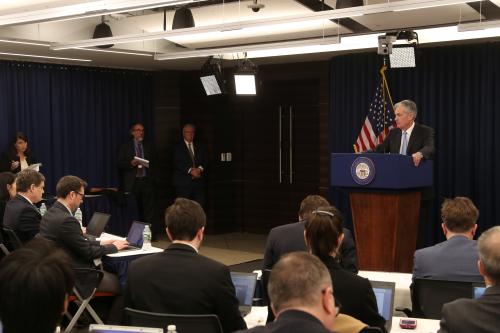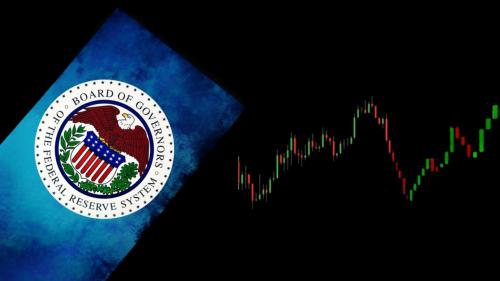Once upon a time, economic downturns were looked on as inevitable. Or incurable. Or even a morally justified, righteous cleansing of an economy burdened by the sins of excess. One result of this thinking was the policy mistakes that contributed to the Depression. One of the few good developments to come out of this experience was perhaps the most important economic breakthrough in the 20th century: John Maynard Keynes’ 1936 book, “The General Theory of Employment, Interest, and Money.” Keynes pointed out that in a downturn, an economy simultaneously has idle factories, unemployed workers and too little spending. This creates the possibility of a virtuous circle: Getting people to spend more will put the factories back to work, staffed by the previously unemployed workers. Put another way, in the short run, when the economy is operating below its potential, expanding demand can create supply.
This Keynesian perspective is now standard textbook economics, taught in virtually every introductory economics course. The textbooks teach that policymakers have two tools at their disposal to counteract a downturn. One is monetary policy, which can lower interest rates to encourage consumers and businesses to borrow more and use the money for spending on consumer durables, housing, factories or equipment. The second tool is fiscal policy, which can temporarily increase government spending or cut taxes — again with the goal of raising consumption or investment.
Economists generally prefer that fighting business cycles be left to monetary policymakers because they do not trust the president and Congress to get it right. One fear is that the glacial political process will fiddle and haggle until well after the recession has passed, thus destabilizing the economy and contributing to higher inflation. Another fear is that in an election year, the president and Congress will try to push the economy beyond its capacity, again triggering inflation with little economic benefit. But neither of these arguments is grounded in any fundamental insight; they are just based on a presumption about the political system.
But this time, the presumption about the political system appears to be wrong. The economy appears to be slipping into a potentially serious downturn. The Federal Reserve has cut rates by 1.75%, but lags in the effect of monetary policy mean that much of the benefit of these rate cuts will not be felt until 2009. Fortunately, Congress and the president appear set to fill in some of the gap before 2009. It is likely that in May, June and July the U.S. Treasury will mail out $100 billion worth of checks to working households. If past experience is any guide, at least $50 billion of these funds will be spent — which together with multiplier effects will add about 3% to the annualized growth rate in the third quarter of this year. If extended unemployment insurance or food stamp increases are added to he final package, as demanded by many in the Senate, the macroeconomic benefits would be somewhat larger.
We will eventually need to pay back this money, but an extra year of lower unemployment and higher output will put us in a better position to do so. That is the paradox of economics in a downturn. Normally, the only way to grow the economy is the old-fashioned way: delaying gratification through reduced deficits and increased savings to encourage more investment. But in a downturn, these steps would just compound the problem and worsen the vicious circle of rising unemployment, underutilized capacity and falling consumption. Perhaps we should be thankful that the substantive economic need for a bit of immediate gratification happens to have fallen in an election year.
Will the economy get a much-needed boost from a stimulus package? In a week long Los Angeles Times ‘Dust Up’ series, Jason Furman, a Brookings scholar and an advisor to President Clinton, and author-economist Steven E. Landsburg discuss the U.S. economy and the recently announced stimulus package.



Commentary
Op-edRecession Prevention: Keynes Was Right
January 28, 2008